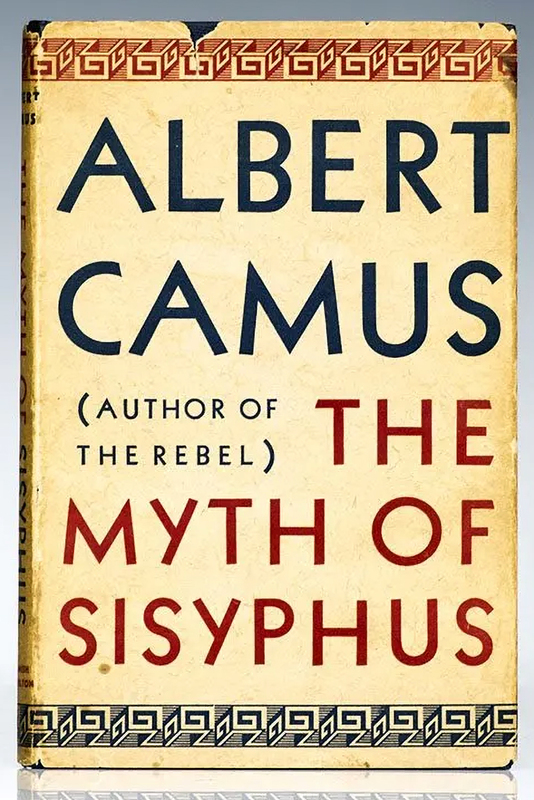The Myth of Sisyphus
Title
The Myth of Sisyphus
Description
The Myth of Sisyphus (French: Le mythe de Sisyphe) is a 1942 philosophical essay by Albert Camus. Influenced by philosophers such as Søren Kierkegaard, Arthur Schopenhauer, and Friedrich Nietzsche, Camus introduces his philosophy of the absurd. The absurd lies in the juxtaposition between the fundamental human need to attribute meaning to life and the "unreasonable silence" of the universe in response. Camus claims that the realization of the absurd does not justify suicide, and instead requires "revolt." He then outlines several approaches to the absurd life. In the final chapter, Camus compares the absurdity of man's life with the situation of Sisyphus, a figure of Greek mythology who was condemned to repeat forever the same meaningless task of pushing a boulder up a mountain, only to see it roll down again. The essay concludes, "The struggle itself ... is enough to fill a man's heart. One must imagine Sisyphus happy".
Subject Matter
Philosophy
Publication Year
1955
Publisher
Hamish Hamilton, Ltd.
Language
English
Collection
Citation
“The Myth of Sisyphus,” The Bruce Lee Library Research Project, accessed January 25, 2026, https://www.bruceleelibrary.jamescbishop.com/lib/items/show/1813.

